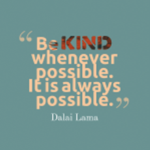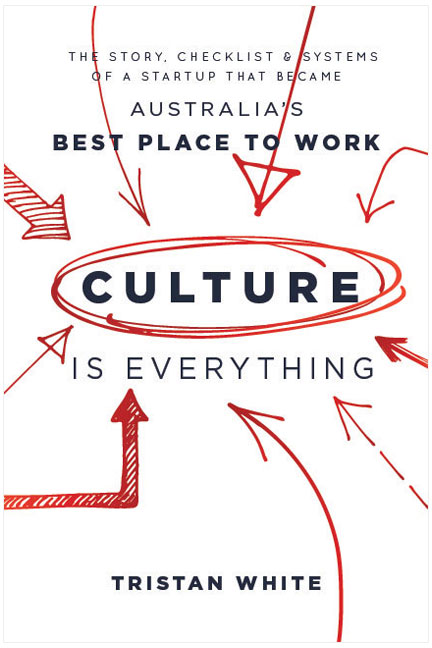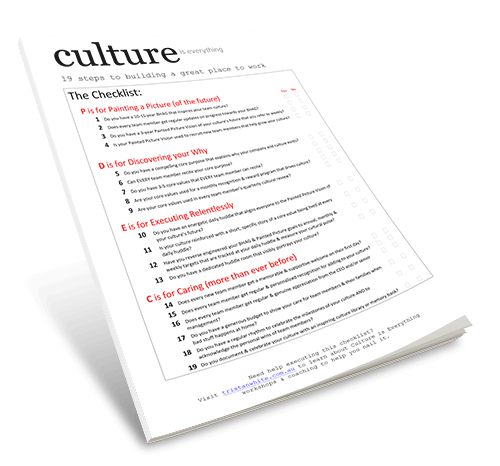
 Have you ever wondered how you could enjoy work more? Imagine the things you could achieve if you worked in a happy, high performing team or community that seemed to just get along?
Have you ever wondered how you could enjoy work more? Imagine the things you could achieve if you worked in a happy, high performing team or community that seemed to just get along?
Is it the right mix of experience and skills that creates that super-team? Is it the right environment? The right mix of diverse cultures and backgrounds? The right access to information or incentives? There are so many possible combinations of factors that makes this a complex question. Surely to answer the question we need mountains of data to be collated, sliced, diced, analysed, reviewed by double-blind research teams and then presented at conferences by super-smart experts to really understand it don't we? Maybe. Or maybe not.
Over at Google, they've done the work for us by taking their typical data-driven approach to finding out just what creates the most effective teams. And the answer: it's not who's on the team, it's how the team members treat each other.
In short, be kind.
Google's research project took over two years to complete, involved 200+ interviews across more than 180 teams and came up with the five key traits of effective teams:
- Psychological safety: Can we take risks on this team without feeling insecure or embarrassed?
- Dependability: Can we count on each other to do high quality work on time?
- Structure & clarity: Are goals, roles, and execution plans on our team clear?
- Meaning of work: Are we working on something that is personally important for each of us?
- Impact of work: Do we fundamentally believe that the work we’re doing matters?
The concept of psychological safety was super-important in Google's findings. To really delve into understanding what is psychological safety, take a few minutes to watch Amy Edmondson's TEDx Talk on Building a Psychologically Safe Workplace here. In short, the concept means the ability of any team member to be able to ask what others might call a 'dumb question' without being laughed at or ridiculed. That is, a psychologically safe team is one where you can miss an important point (maybe because you were out of the room or you just weren't paying attention) and then ask a clarifying question of anyone, even your boss, without feeling unsafe or like you'll be humiliated.
In short, be kind.
How can we put this research into practice? Any ideas?
Always being kind can be challenging, especially in stressful or challenging times. But, if it means that we build more effective teams and hopefully have more fun together, then shouldn't we just do it?
The next time you get a short, sharp email from someone that doesn't even have a greeting like Hi/Hello/Dear, consider responding with kindness as opposed to mirroring their uncivil tone. It might just improve your team culture and performance (or perhaps it will remind someone else to be kind).
Be kind.
Any other suggestions?



